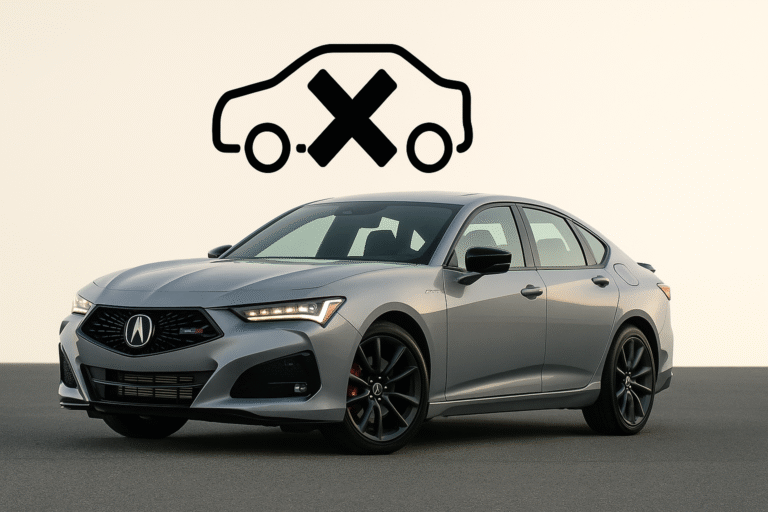Australia has made global headlines by passing the world-first social media ban, prohibiting children under the age of 16 from holding social media accounts. The legislation, approved by the Senate with a 34–19 vote, is the first of its kind in the world and will impose tough age-verification measures on platforms like TikTok, Instagram, Snapchat, and X (formerly Twitter).
The law, expected to take full effect by November 2025, will require social media companies to implement robust systems to ensure users meet the age requirement. Platforms failing to comply could face penalties of up to 50 million Australian dollars ($33 million).
The primary aim of this legislation is to address growing concerns over children’s exposure to online dangers, including exploitation, cyberbullying, and mental health challenges linked to social media usage. Advocates argue that social media companies have long neglected their responsibility to safeguard younger users, prioritizing profits over safety.
“This legislation demands that social media companies take reasonable steps to identify and remove underage users from their platforms,” said opposition Senator Maria Kovacic during the Senate debate. “This is a responsibility these companies should have been fulfilling long ago.”
Online safety advocate Sonya Ryan, whose 15-year-old daughter was tragically killed by an online predator, hailed the decision as a critical step forward. “It’s too late for my daughter, Carly, but this law is a monumental moment in protecting our children from horrendous harms online,” she said.

Implementation Challenges and Industry Concerns
The platforms now face a one-year window to determine how to enforce the ban effectively. Critics from the tech industry have raised concerns about the practicality and unintended consequences of the legislation.
Meta, the owner of Facebook and Instagram, expressed its concerns, stating, “While we respect the decision, the rushed process failed to properly consider existing measures and the voices of young people.”
Others argue the law could raise privacy issues, as platforms might require intrusive methods to verify users’ ages. Importantly, the amendments prohibit companies from compelling users to provide government-issued identification, such as passports or driver’s licenses. However, this raises questions about how platforms will accurately enforce age restrictions.
Criticisms and Unintended Consequences
Despite its noble intent, the law has faced backlash from mental health advocates and privacy experts. Critics worry about the broader social impact on young users, especially those who rely on social media for emotional support and connections.
Senator David Shoebridge, from the Greens Party, warned that cutting children off from social media could isolate vulnerable populations, including LGBTQ+ youth and those in remote areas. “This policy will hurt the young people who need these platforms the most,” Shoebridge argued.
Christopher Stone, executive director of Suicide Prevention Australia, added, “The government is rushing blindfolded into a brick wall. Young Australians deserve evidence-based policies, not decisions made in haste.”
Opponents also argue the legislation could push children toward unregulated platforms, dark web forums, or prevent them from reporting online abuse, exacerbating the very problems it seeks to address.
The Political and Social Context
The timing of this legislation has also been scrutinized, with some suggesting it is a strategic move ahead of Australia’s upcoming general election. By responding to parental concerns over social media addiction, the government is likely aiming to secure support from families.
However, critics contend that the law’s rushed approval, completed within a week, left little room for meaningful debate or technical refinement. Platforms and advocacy groups had urged the government to wait until June 2025, when an evaluation of age-verification technologies is due to be completed.
As the world watches Australia implement this ambitious policy, it highlights a pressing global debate: how to balance online safety with personal freedoms and accessibility. While Australia’s law sets a precedent, its success—or failure—will likely influence other countries considering similar measures.
The stakes are high. If the law achieves its goals, it could set a new standard for online safety. If not, it risks alienating young users, undermining privacy, and creating a new set of challenges for social media governance.




